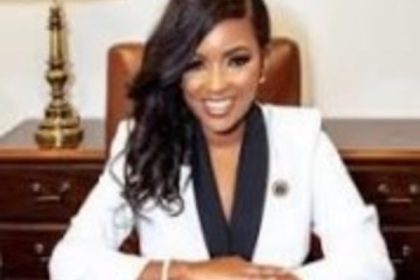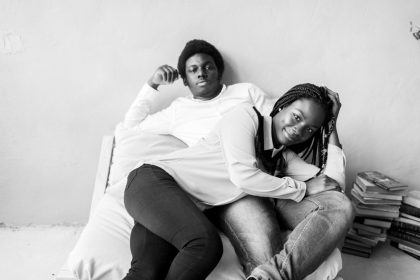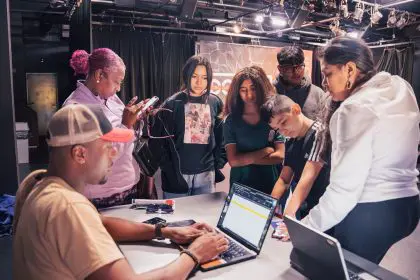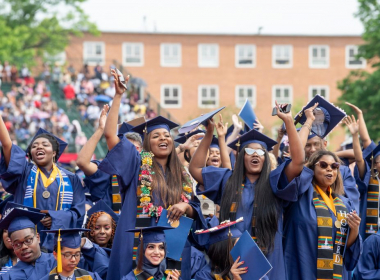
“I was on Auburn, I saw this white man sweeping his sidewalk, as I got into it — I talked to people in the neighborhood — I saw that this was reflective of a trend that is happened in cities across the country. And let me tell you, when I went on my book tour for Them, my first stop was Harlem. I went in there, you talk about the tension — the tension was very, very high. What I saw … in fact … I learned more on the book tour about what was going on, or as much, as when I wrote the book [Them]. Let me put it this way: it [substantiated] what I wrote about in Atlanta.
“Did you see Spike Lee’s comments from a couple of weeks ago [talking about gentrification]? Well, one of the things that I saw that tends to happen with gentrification, it’s a very convoluted kind of issue. And one of the things that tend to happen is that when whites move in, and they bring a certain set of values and a certain perspective what ‘community’ means, and it may be very, very different from black people who have already been there. So instead of being a melting pot, like everyone thinks, we end up getting these cultural clashes.
“Like in Harlem, for example, at Malcolm X Park, for the last four decades they’ve had people come out there and do African drumming. For the people of Harlem, that’s culture. And the whites began moving into Harlem, and for them, the drumming was noise. And they began campaigning to stop the African drumming. That’s what Spike Lee called the ‘Christopher Columbus complex.’ [They] come into an area and they treat the people that are there as if they weren’t there.
“It’s called ‘white privilege.’
“For that book, Them, one of the things that crystallized for me, this is the birthplace of Martin Luther King Jr. MLK preached the concept of the beloved community. And so what if I created a story that you had this neighborhood gentrified and these tensions arise in the beloved community — the same neighborhood where Martin Luther King was born?
“At the time I wrote the book, I didn’t know that [the area in the Auburn-Edgewood Avenue corridor] was going to gentrify as quickly and as aggressively as it has now.
“The thing that tends to happen, though, is this kind of interesting reversal — where the people who are the newcomers began to look upon the people who have already been there with suspicion. So that’s happening in cities across the country, and it’s a reflection of what they call ‘reverse white flight.’ It’s an interesting dynamic, an interesting phenomenon.
“And what I really find interesting is that no one is talking about it on a public policy level. It’s kind of like ‘s— happens.’ In terms of impact, oftentimes poor people get pushed from the inner city into the outskirts somewhere. And they are compelled to find housing and jobs beyond public transportation.”









